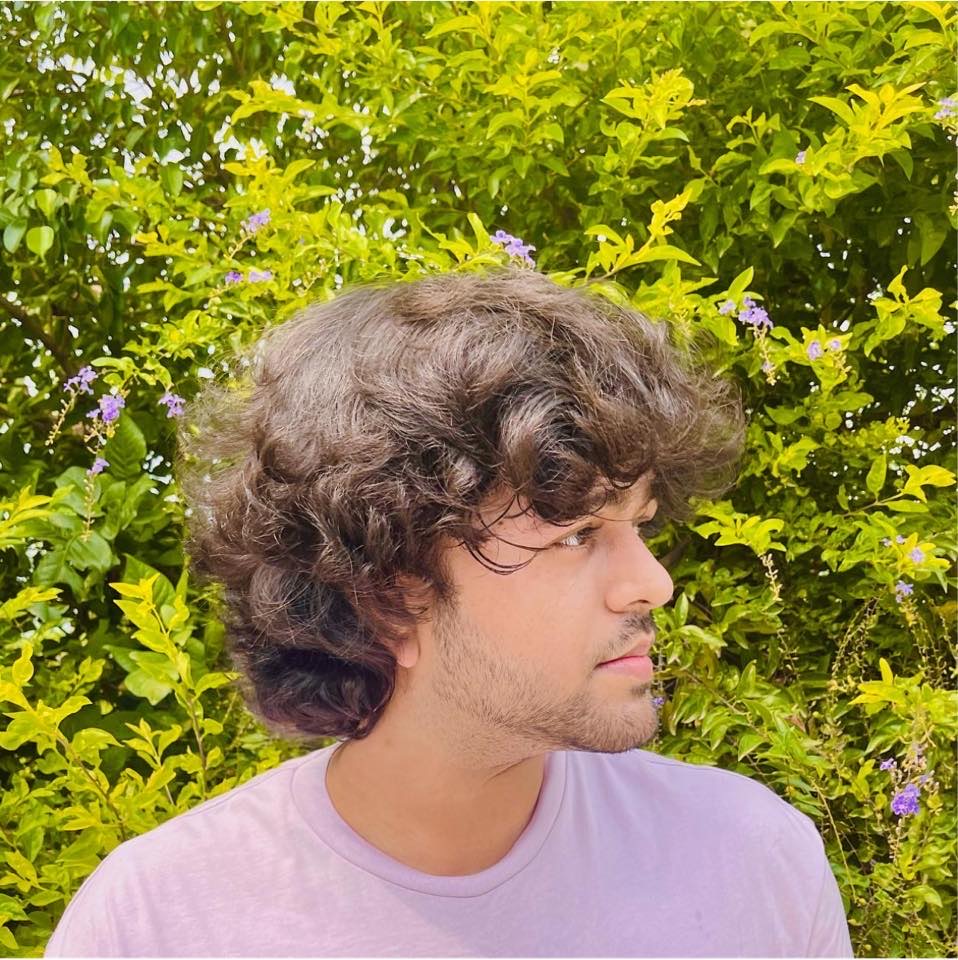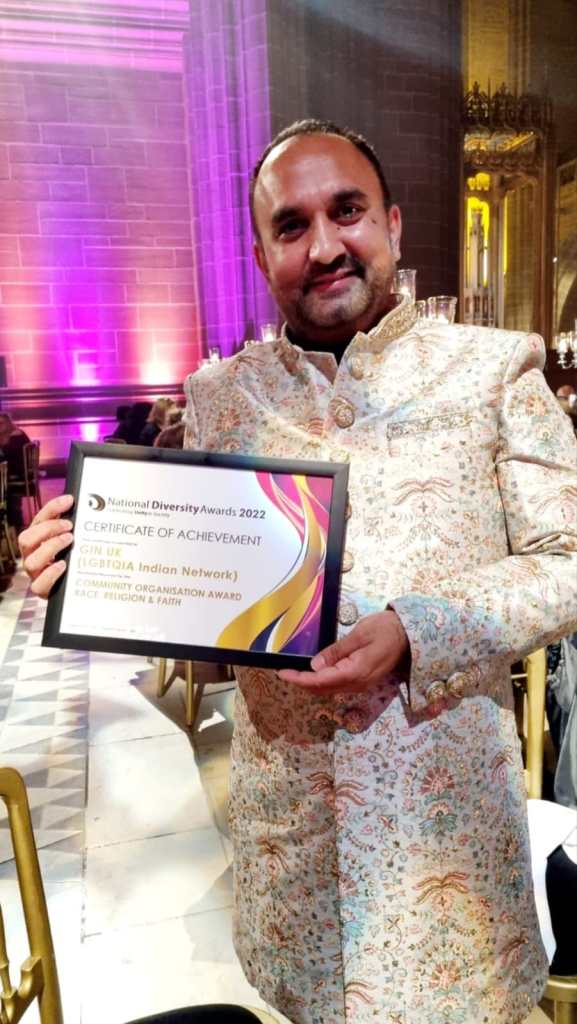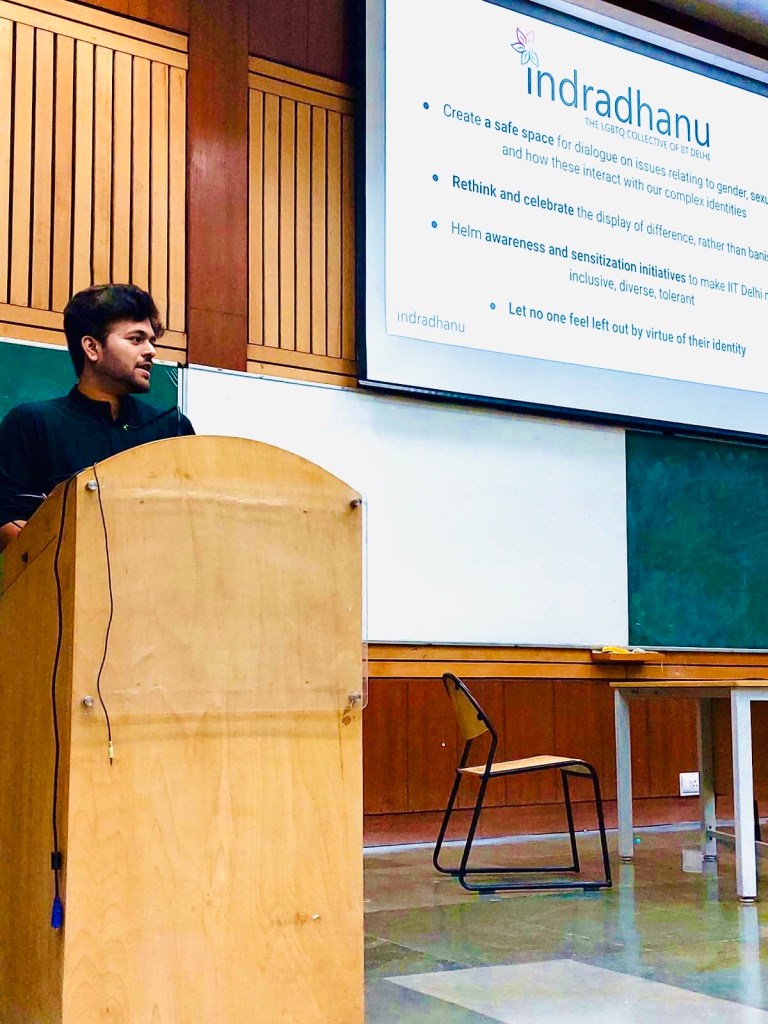British colonialism is still hurting LGBTQ+ Indians: ‘King Charles should speak out’

King Charles’ coronation will serve as a reminder of Britain’s colonial legacy for many LGBTQ+ people in India. (Getty)
As King Charles prepares for his coronation, LGBTQ+ Indians are still feeling the effects of British colonial rule.
In 2018, after an arduous battle from LGBTQ+ activists, India finally decriminalised homosexuality.
That ruling represented a seismic moment for LGBTQ+ people in the country, who had spent decades fighting for their right to exist without the threat of punishment hanging over them. It also marked yet another shift in India’s rejection of colonialism.
Section 377 – the law that had prohibited homosexuality – was introduced under British rule in 1861 and remained law long after independence was gained.
Vaivab Das, a non-binary person from Odisha in India, says it was more than just legislation – British attitudes towards queerness were “absorbed into the social morality of the Indian society”.
A nation that had once, according to some, embraced and accepted trans identities as part of its culture had instead embraced Victorian morality imported by its colonisers.
“British colonialism, through the Indian penal code, codified vague practices of exclusion as a state-run project of criminalisation,” Vaivab tells PinkNews.
Growing up in a country where their identity was criminal meant “balancing on a double-edged sword” for Vaivab. Their childhood was spent “rescuing” themself from bullying and humiliation, and they were made to feel entirely ostracised.

“The law ensured that trans-queer persons remain socially invisible in India. This invisibility shaped my formative years with feelings of dysphoria and loneliness as there existed no sense of community.
“To be made to navigate your existence in absence of accessible knowledge was like being an alien in your home.”
LGBTQ+ people in India had ‘power’ before British colonialism
Mayank Joshi, founder and chairperson of the LGBTQIA Indian Network in the UK, says queer people were “in positions of authority and power” in India before British rule.
“The intensity of hatred of hatred that the British authorities especially showed to our trans communities in India was unrelenting,” he adds.
“This is an important fact that people often forget – it’s not just about introducing Section 377 which criminalised sex between men, of course that’s important, but the greater impact was how British colonialism from the top down introduced this feeling of marginalisation and hate for the non-binary, queer and trans communities in India.
“When the power structure is telling you that you need to think in a certain way, especially to progress up the ladder, people will start discriminating against the trans, non-binary and queer communities. The impact has been huge.”

Efforts to decolonise LGBTQ+ rights in India are being watched with interest across the world, but there are few as invested as the Indian diaspora. In the UK, queer Indians and those with Indian heritage are hopeful the country can throw off the shackles of oppression and move forward.
Things are starting to change, thankfully. Section 377 was struck down in 2018, and activists are currently mounting a fight for same-sex marriage. But not everybody supports progress – the Indian government has spoken out against marriage equality.
“The Indian government’s opposition to the issue of marriage equality inherently signals that [Section 377] might have been partially read down, but the national government remains homophobic in its non-acceptance of queer love, queer families and queer rights,” Vaivab says.

King Charles’ coronation renews debate on monarchy
More than half of the 67 countries that currently criminalise same-sex activity introduced their anti-LGBTQ+ laws under British rule.
Jeremiah Garsh, an assistant professor in modern global history at University College Dublin (UCD), believes 2023 will be a “watershed moment” where “we look back at it and see that there is not a place for a monarchy anymore in a new Britain”.
Mayank isn’t entirely opposed to its continued existence.
“As long as the monarchy doesn’t cost too much, having that tradition that links back, that does help,” he adds.
“We need social glue. The country, especially in times of huge change, we need some social and cultural glue and I think the monarchy does provide that.”
Still, he believes King Charles needs to hear the plight of LGBTQ+ people in former colonies – and he must make meaningful efforts to advocate for change after a lifetime of silence.
“King Charles should use his power and influence to loudly and clearly proclaim that all countries must respect the civil rights of their LGBTQ+ people and the horrific criminalisation of homosexuality must end for good in every Commonwealth country.
“The king should make it clear that it is unacceptable anywhere in the world to discriminate against LGBTQ+ people.”

